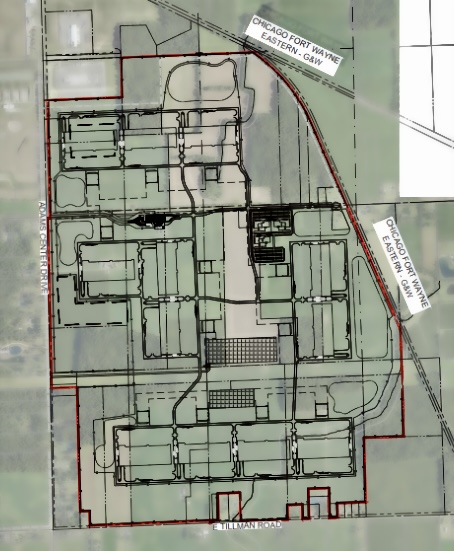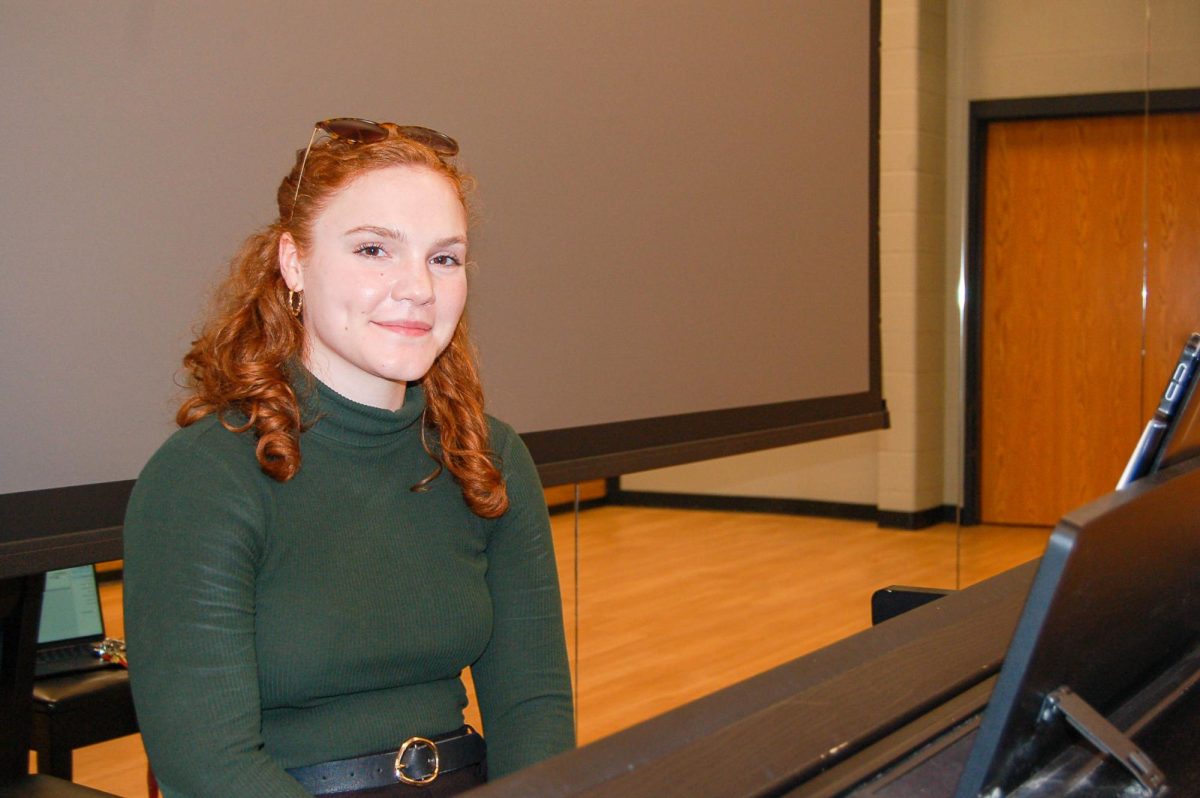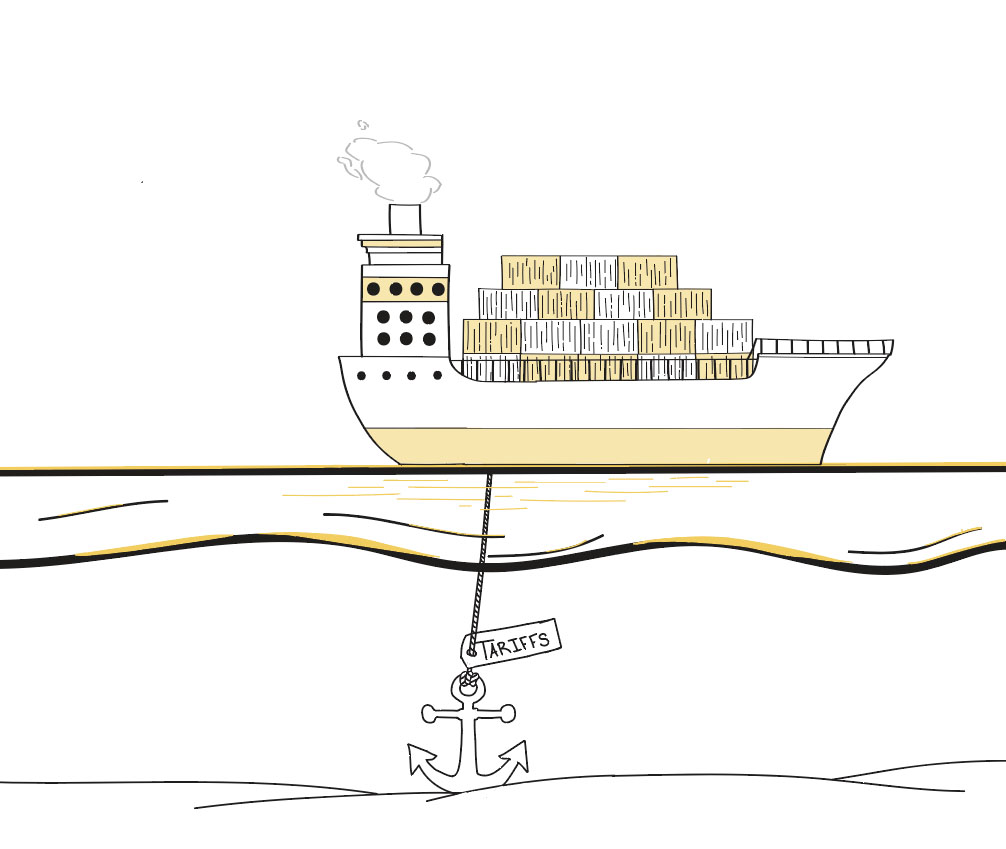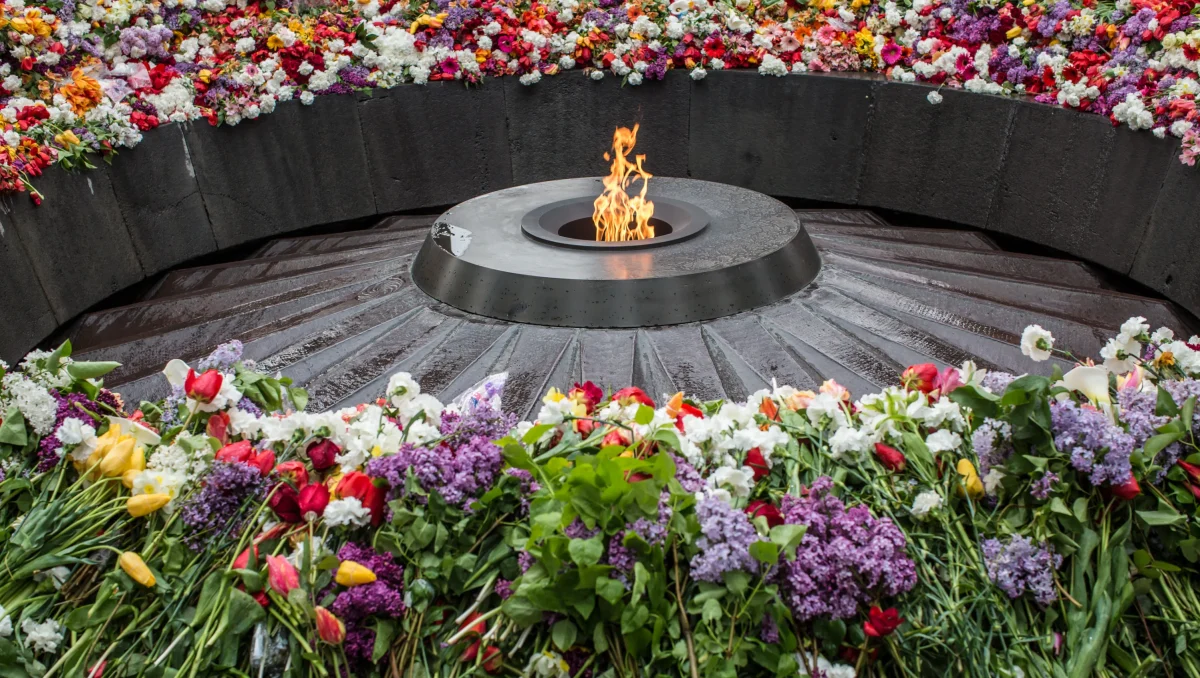In a typical snapshot of Thanksgiving dinner, the entire frame is full. Family members surround the table, leaving no space in between seats. Place settings are squished right up against each other, perfectly centered in front of each person. Heaping bowls and plates hold everything from turkey to mashed potatoes to pumpkin pie. What could possibly be missing?
For our entire lives, we have been told that there is one topic that never has a place at the dinner table: politics. Many times, discussions on these topics are shied away from. This showed up in a Pew Research Center poll from July of this year, where it was found that only 18% of people discuss political issues a lot of the time.
Everyone knows why these discussions are avoided. Political conversations are extremely important and sensitive for many people, and these discussions can easily breed animosity. But that is also why these discussions are necessary.
Political discussion need not be avoided, at least not in the wholesale way it often is. In fact, talking about politics is vital, because it provides people with an important understanding of the world around them.
Nearly all high schoolers are within one election cycle of voting for the next president, which means that the first trip to the voting booth is much closer than many may realize. In order to be prepared for this event, though, they need to have a strong understanding of both their own beliefs and how they fit into the political climate.
By talking to others about politics, sorting out personal political beliefs can become much easier. Discussions can lead to a better understanding of how or why someone reached the belief that they did, making it easier to conceptualize many large, wide-ranging societal concepts. Additionally, only listening to politicians can make it difficult to truly understand an issue—when they are simply trying to gain a vote, almost any policy position can sound convincing. Talking to everyday people who share similar circumstances can aid in understanding what certain positions mean, and help build the beliefs that back up a vote.
Take, for example, health care, one of the top issues for voters in 2024 according to a Gallup poll from October. For some, health care policy could affect the cost of the care that they need. For others, it could be about their access to health insurance. For still others, it could focus on what should and should not be covered by public health care programs. Understanding all of these perspectives and how they affect the lives of different people is extremely difficult if one does not talk to these people directly.
Along with understanding hot button issues, though, is understanding their contexts. This is why discussions about political issues must start happening now, years before it comes time to cast a vote. Political issues are both complex and ongoing — though many thought the issue of abortion rights had been settled by the 1973 Supreme Court decision in Roe vs. Wade, the issue was once again brought to the forefront in 2022 when the Supreme Court struck down their original ruling. An understanding of what has happened previously is integral to understanding what today’s issues truly mean. By beginning to talk about these things now, we can be prepared to vote on our beliefs on these issues based on their history.
However, it is important to acknowledge that talking about politics can seem especially difficult at our current moment. It is easy to feel like the country is more politically polarized than ever, with a Pew Research Center poll from 2022 revealing that 62% of Republicans and 54% of Democrats have a very unfavorable view of the opposing party. Feeling this hostility can make it feel extremely difficult to have a productive conversation about politics.
This does not mean we should allow these conversations to fall by the wayside, however. Talking about politics, specifically with people whose views oppose yours, is one of the best ways to learn about your own views and decide if they are the ones to stick with.
One way to think about it is through the classic board game Clue. In the game, you can come up with accusations on who committed the murder, with which weapon, and in which room. To determine which character, location, and weapon were really involved, one player must ask another if they have anything to prove their accusation incorrect. If the other player has a card that proves the first player wrong, they can move on, knowing the new information. If the other player does not, the first player can move forward knowing that they must have some part of the equation correct.
If this analogy is applied to politics, it means that ideas and beliefs that hold up to challenge and scrutiny in discussions can become more closely held, while those that do not may require some revisiting.
If productive political discussions that aid the understanding of politics are desired, there are a few ways to make this happen. A recent editorial from National Public Radio has a few suggestions. 1) Lay out some ground rules at the beginning of a discussion, so that everyone is on the same page. 2) Make sure that everyone involved comes from a place of good faith—these discussions are simply forums to share ideas and perspectives, rather than debate who is right or wrong. 3) Make space for disagreement. It may be impossible to find a similar view on certain points, and that is okay, as long as those involved can understand where the other person is coming from.
Politics can be a scary subject, but it does not have to be. By coming from a place of mutual understanding, political discussions can become the norm and break out of their taboo. By putting politics back on the table, votes cast can be based on well thought out beliefs and our country and world can become a more welcoming, less polarized place.















